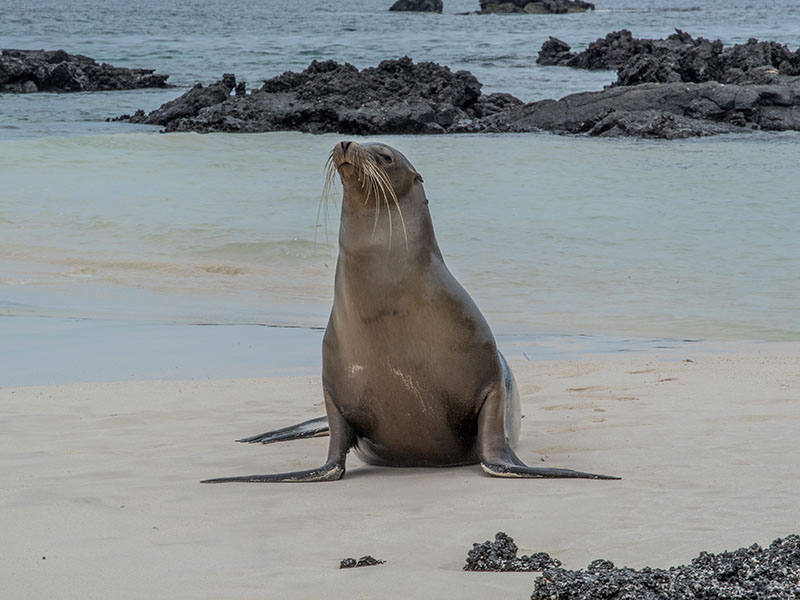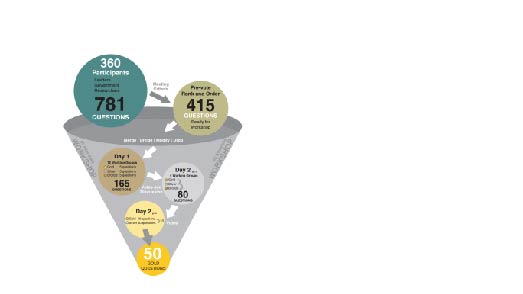Study in Galapagos establishes 50 priority research questions

The study involved PhD Simone Belly, faculty member of Yachay Tech University.
On April 20, 2018, a scientific article was published in the scientific journal Pacific Conservation Biology with the participation of more than 80 authors, including Simone Belli, Ph.D., professor of the School of Mathematical Sciences and Information Technology. Due to its collaborative nature, this publication involved numerous authors, which was fundamental for the study: the delimitation of 50 key questions for scientific research in Galapagos.
The purpose of the research was to establish a frame of reference under which researchers who wish to work in the Islands can legitimize the relevance of their research. The publication presents 50 questions that should be the basis for decision making and scientific research in Galapagos. All the questions were framed according to the needs of the Archipelago.
The study began in 2016 when 360 people from different sectors and more than 30 different organizations from the academy, society and government, were asked to determine the problems that demand solutions in the Islands. This initiative sought to gather the vision of all the actors that take part in the progress of the Islands. As a result, around 780 general questions were laid out. During the second stage, the intent was to filter these questions through voting rounds. Lastly, a workshop was held to determine the 50 final questions. The problems that were discussed the most were: population growth, climate change and the impact of invasive external species in the Galapagos environment.
To frame the questions, a method known as “Priority Setting Exercise Method” was used. The exercise consists of reducing the number of questions through a participatory process in different stages:

Lastly, the questions were divided into priority areas: Tourism, Development, Planning, Education, Agriculture, Hydrology, Invasive Species, Ocean and Conservation. Galapagos is one of the most pristine Archipelagos in the world and its conservation rests on sustainable management supported by scientific research.
This is the main reason why the study was implemented. The first results are already being used by a wide range of organizations and political actors to establish clear guidelines in research and public policy. Also, it is expected that they lay out the grounds for a sustainable and pertinent scientific research in the Islands.
This investigation was initiated by the Governing Council of the Galápagos Special Regime, the now extinct Coordinating Ministry of Knowledge and Human Talent and SENESCYT, together with other governmental entities. In addition, this scientific work was monitored by the Charles Darwin Foundation.
To read the paper click here.